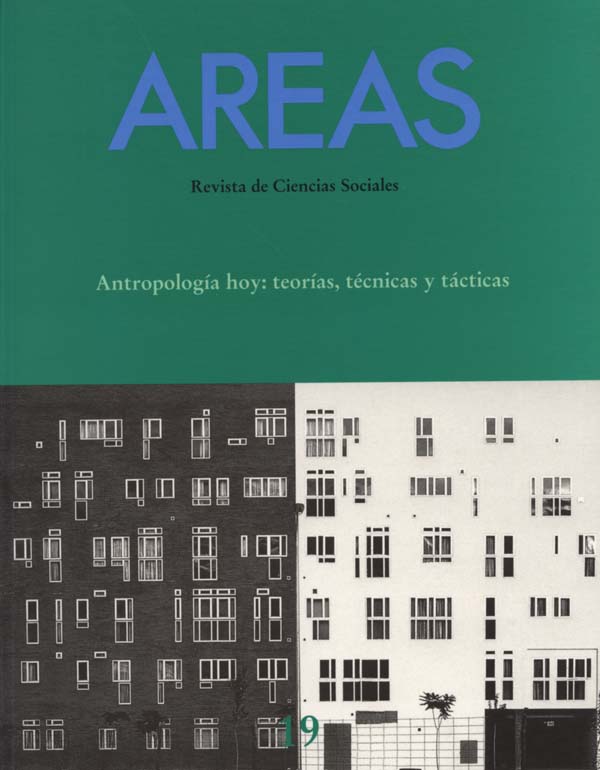GLOBALIZATION, IDEOLOGIES ABOUT WORK AND WORK CULTURES
Abstract
Every people along their lives have to deal with a threefold framework: production relationships, sex-gender relationships and interethnic relationships. At the same time those relationships produce a threefold identity: production, gender and ethnic cultures. Work cultures are produced by collectives of workers starting from experiences they have shared at a certain work process under concrete conditions of production. The author inquires about how those work cultures are affected by major processes. First, the globalization of capital. Second, the new forms and working conditions -precarious and deregulated- who are becoming widely known in the First World, leading to the segmentation of workers. Third the formation and spreading among workers of an hegemonic ideology, that looks at the market as an uncontested absolute. In that way conditions are created for the breaking of the keynesian contract, and for the destruction of Welfare State. And a society emerges who is sharply divided between those who remain integrated, those who survive in precariousness and those who are excluded at last.
Downloads
-
Abstract616
-
PDF (Español (España))321
The published works by this Journal are subject to the following terms:
1. The Publication Service of the University of Murcia (the Editor) owns the copyright of its publications. It promotes and allows its use under the indicated licence in Section 2.
© Servicio de Publicaciones, Universidad de Murcia, 2011
2. Papers are digitally published under the licence Creative Commons Reconocimiento-NoComercial-SinObraDerivada 3.0 España (legal text). They can be copied, used, disseminated, transferred and publically presented if: i) the author is quoted, as well as the original source of publication (Journal, editorial and URL); ii) they are not used for commercial purposes; iii) the licence of use is mentioned.
3. Auto-file Conditions. It is allowed and authors are encouraged to digitally disseminate their pre-print versions (versions prior to review) and/or post-print (reviewed version accepted for its publication) since it promotes its early diffusion and the corresponding increase of quotes and scope within the academic community. RoMEO Colour: green.


